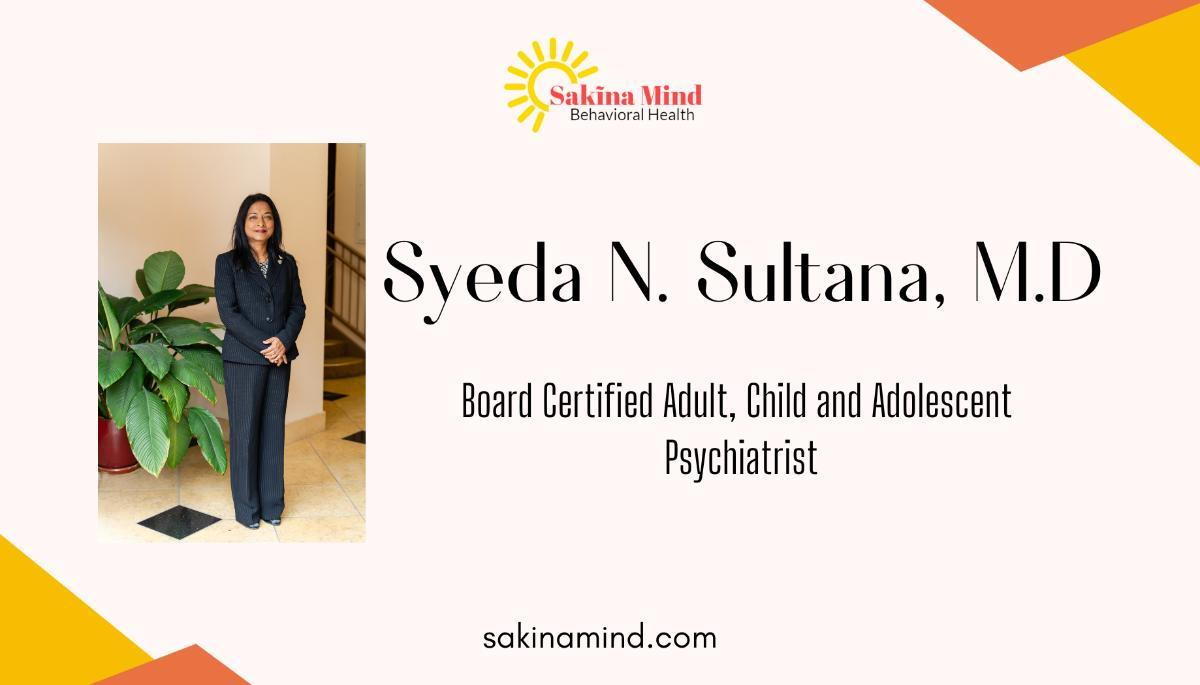
- posted: Mar. 07, 2024
As a board-certified child, adolescent, and adult psychiatrist, I have seen firsthand the profound impact that holidays, such as Valentine's Day, can have on individuals' mental health. While Valentine's Day is often associated with love and romance, it can also evoke a wide range of emotions, from joy and affection to loneliness and sadness. In this blog, I want to explore the complexities of Valentine's Day and its implications for mental well-being.
For many people, Valentine's Day serves as a reminder of their relationship status, whether they are happily partnered, single, or navigating the complexities of dating. The pressure to conform to societal expectations of romance and grand gestures can exacerbate feelings of inadequacy or loneliness, particularly for those who may be struggling with issues such as depression, anxiety, or low self-esteem.
Furthermore, the commercialization of Valentine's Day can create unrealistic expectations and financial strain, leading to stress and anxiety for individuals and couples alike. The constant bombardment of images depicting idealized relationships and extravagant gestures can distort reality and contribute to feelings of dissatisfaction or inadequacy in one's own relationships.
For individuals who have experienced trauma or loss, Valentine's Day can be especially challenging, triggering painful memories and emotions. It's essential to recognize that not everyone has a positive association with this holiday, and it's okay to acknowledge and honor your feelings, whatever they may be.
As a psychiatrist, I encourage my patients to practice self-care and self-compassion, especially during times of heightened emotional intensity like Valentine's Day. Whether you're single, in a relationship, or somewhere in between, prioritize activities that nurture your mental and emotional well-being. This could include spending time with supportive friends or family members, engaging in activities you enjoy, or seeking professional support if needed.
Remember, your worth is not determined by your relationship status or adherence to societal norms. You are deserving of love and compassion, starting with yourself. If you're struggling with your mental health this Valentine's Day, know that help is available.
At Sakina Mind, we are committed to supporting individuals of all ages in their journey toward mental wellness. Our team of experienced psychiatrists offer compassionate and evidence-based care to help you navigate life's challenges, including the complexities of holidays like Valentine's Day. You can reach out and schedule an appointment with us today by filling out our forms on our website. You don't have to face your struggles alone. We're here to care for you and help you rediscover joy, connection, and resilience.
This Valentine's Day, let's prioritize our mental health and cultivate a greater sense of self-love and compassion. Together, we can create a healthier, more supportive community where everyone feels valued and supported. Contact us at [email protected] or our phone number: (407) 903-9696.
Best Regards,
Dr. Syeda N. Sultana, M.D., and Team.

- posted: Mar. 07, 2024
As a board-certified child, adolescent, and adult psychiatrist, I have seen firsthand the profound impact that holidays, such as Valentine's Day, can have on individuals' mental health. While Valentine's Day is often associated with love and romance, it can also evoke a wide range of emotions, from joy and affection to loneliness and sadness. In this blog, I want to explore the complexities of Valentine's Day and its implications for mental well-being.
For many people, Valentine's Day serves as a reminder of their relationship status, whether they are happily partnered, single, or navigating the complexities of dating. The pressure to conform to societal expectations of romance and grand gestures can exacerbate feelings of inadequacy or loneliness, particularly for those who may be struggling with issues such as depression, anxiety, or low self-esteem.
Furthermore, the commercialization of Valentine's Day can create unrealistic expectations and financial strain, leading to stress and anxiety for individuals and couples alike. The constant bombardment of images depicting idealized relationships and extravagant gestures can distort reality and contribute to feelings of dissatisfaction or inadequacy in one's own relationships.
For individuals who have experienced trauma or loss, Valentine's Day can be especially challenging, triggering painful memories and emotions. It's essential to recognize that not everyone has a positive association with this holiday, and it's okay to acknowledge and honor your feelings, whatever they may be.
As a psychiatrist, I encourage my patients to practice self-care and self-compassion, especially during times of heightened emotional intensity like Valentine's Day. Whether you're single, in a relationship, or somewhere in between, prioritize activities that nurture your mental and emotional well-being. This could include spending time with supportive friends or family members, engaging in activities you enjoy, or seeking professional support if needed.
Remember, your worth is not determined by your relationship status or adherence to societal norms. You are deserving of love and compassion, starting with yourself. If you're struggling with your mental health this Valentine's Day, know that help is available.
At Sakina Mind, we are committed to supporting individuals of all ages in their journey toward mental wellness. Our team of experienced psychiatrists offer compassionate and evidence-based care to help you navigate life's challenges, including the complexities of holidays like Valentine's Day. You can reach out and schedule an appointment with us today by filling out our forms on our website. You don't have to face your struggles alone. We're here to care for you and help you rediscover joy, connection, and resilience.
This Valentine's Day, let's prioritize our mental health and cultivate a greater sense of self-love and compassion. Together, we can create a healthier, more supportive community where everyone feels valued and supported. Contact us at [email protected] or our phone number: (407) 903-9696.
Best Regards,
Dr. Syeda N. Sultana, M.D., and Team.
